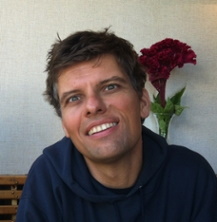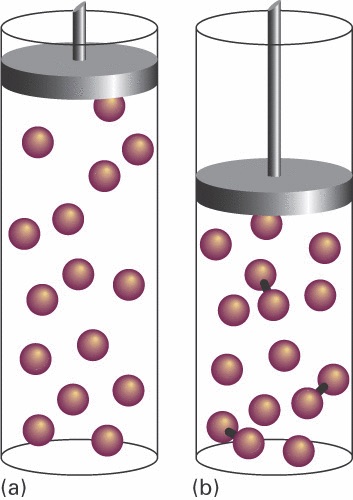This course introduces the basic concepts of statistical physics and thermodynamics. Our modern life exposes us to the challenge to understand ever more complex processes in physics and biology in systems of many interacting particles (electrons, atoms, molecules, etc.). This course introduces basic ideas and techniques to treat such systems. The first part of the course gives an introduction to the tools of statistical physics to describe the microscopic behavior of large systems. The second part addresses a macroscopic description of large systems using basic tools of thermodynamics. The following concepts will be introduced: temperature, energy, entropy, enthalpy, heat, work, thermal equilibrium, reversible and irreversible processes, the Carnot cycle, electrolysis, phase transformations, the Van der Waals model, diffusion, solvent and solute interactions, osmotic pressure and ‘blue’ energy. We will illustrate these concepts by using examples of physical systems such as the ideal gas, the Einstein model of solids, magnetic spin systems, heat engines, refrigerators, fuel cells, batteries and chemical reactions.

